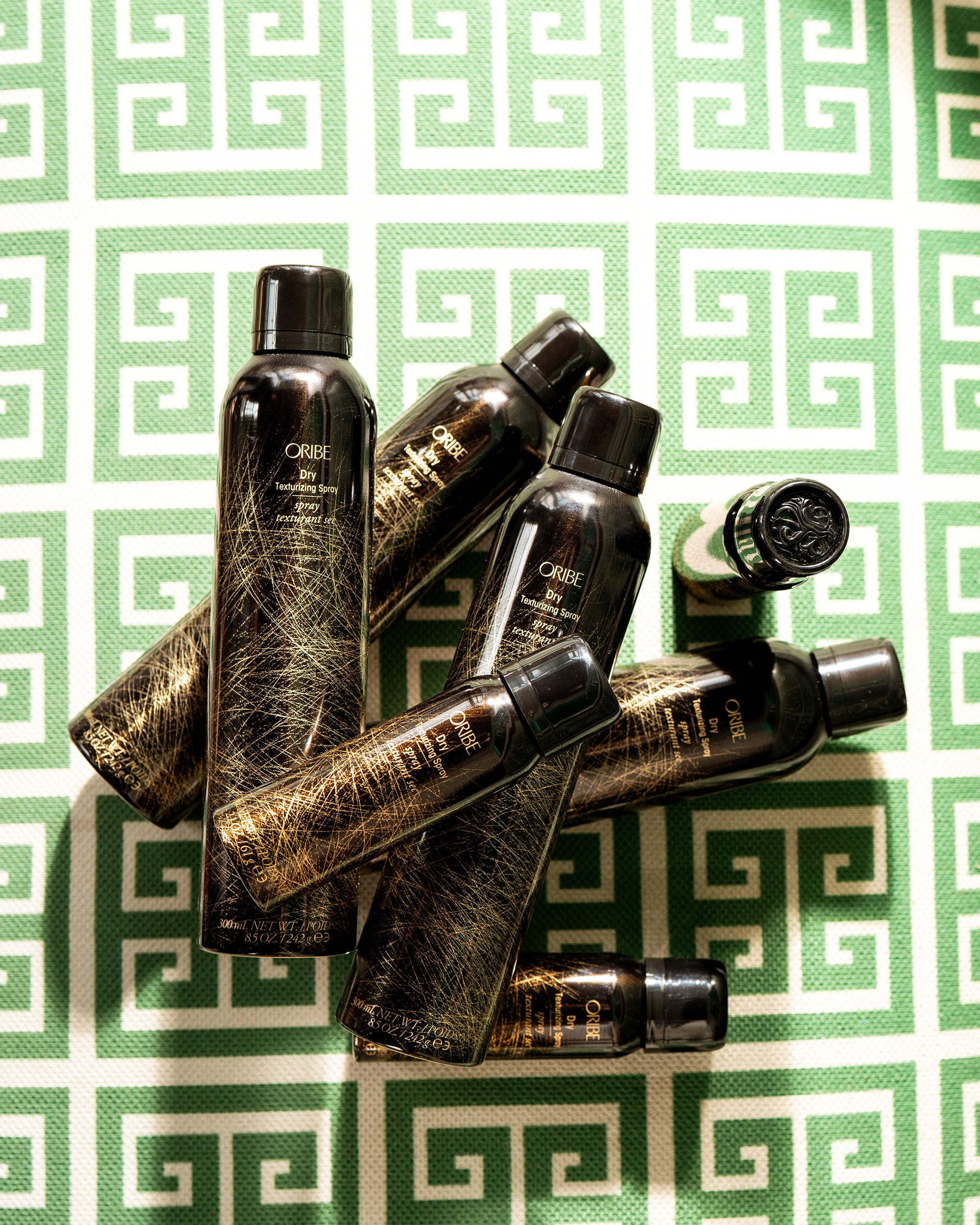Article: The Truth About Sulfates: Why SLS is Bad for Your Hair

The Truth About Sulfates: Why SLS is Bad for Your Hair
Introduction:
When it comes to hair care, many of us diligently select products that promise luscious locks and a healthy shine. However, hidden within the ingredient lists of some popular shampoos is a potential culprit: Sodium Lauryl Sulfate (SLS). This common sulfate, often abbreviated as SLS, has been a subject of concern in the beauty community for its potential adverse effects on hair health. Let's explore why SLS might not be the best choice for your tresses and what alternatives are available for a gentler, more nurturing hair care routine.
Understanding Sodium Lauryl Sulfate:
Sodium Lauryl Sulfate is a surfactant, a type of detergent, that is widely used in personal care products, including shampoos, due to its ability to create a rich lather. While a satisfying lather can make us feel like our hair is getting squeaky clean, the reality is that SLS can strip away more than just dirt and oil.
-
Stripping Natural Oils: SLS is known for its strong cleansing properties, but this strength can be a double-edged sword. It not only removes excess oil but can also strip the hair and scalp of their natural oils, leading to dryness and potential irritation.
-
Scalp Sensitivity: For individuals with sensitive skin or conditions like eczema or psoriasis, SLS can exacerbate irritation. The harsh nature of SLS may lead to a dry, itchy scalp, making it an unsuitable choice for those with pre-existing scalp concerns.
-
Color Fading: If you've invested time and money into coloring your hair, SLS might accelerate color fading. The detergent action of SLS can open up the hair cuticle, allowing color molecules to escape more easily, resulting in a shorter-lived vibrant hue.
-
Damage to Hair Proteins: SLS can potentially damage hair proteins, leading to weakened strands that are more prone to breakage. Over time, this can contribute to dullness, frizz, and an overall lack of vitality in your hair.
Gentler Alternatives:
The good news is that there are alternatives to SLS that offer effective cleansing without the potential drawbacks. Look for shampoos that feature:
-
Sulfate-Free Formulas: Opt for sulfate-free shampoos, which exclude harsh sulfates like SLS. These formulas are often gentler on the hair and can help maintain a healthier balance of natural oils.
-
Natural Cleansing Agents: Ingredients like coconut-derived cleansers, aloe vera, and plant extracts can provide effective cleansing without the need for harsh sulfates.
-
Moisturizing Agents: Choose shampoos that include moisturizing ingredients such as argan oil, shea butter, or glycerin. These components help retain moisture in the hair, preventing dryness and promoting overall hair health.
Conclusion:
While the lather produced by SLS may give the illusion of a thorough cleansing experience, the potential drawbacks make it worth considering sulfate-free alternatives. Taking a mindful approach to your hair care routine by selecting products that nurture rather than strip away essential elements can contribute to the long-term health and beauty of your locks. Embrace sulfate-free options to achieve a perfect balance between cleanliness and hair health, allowing your tresses to shine without compromise.
